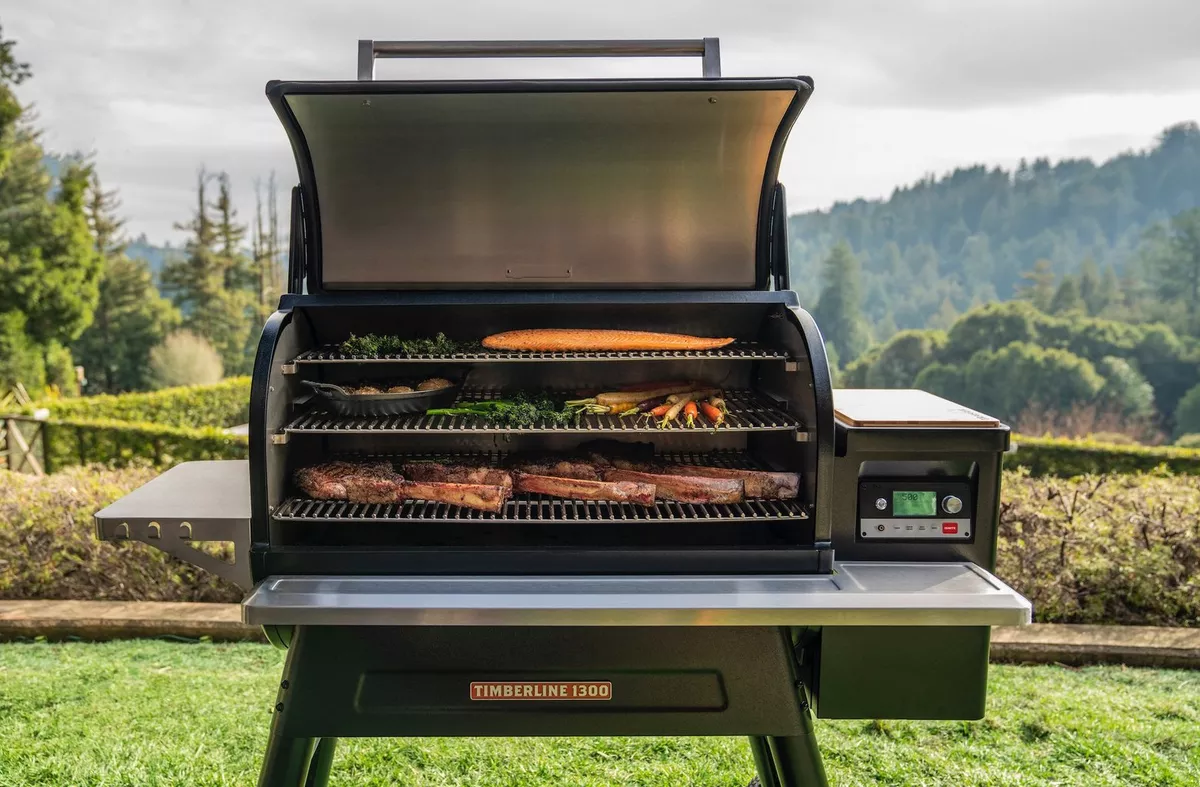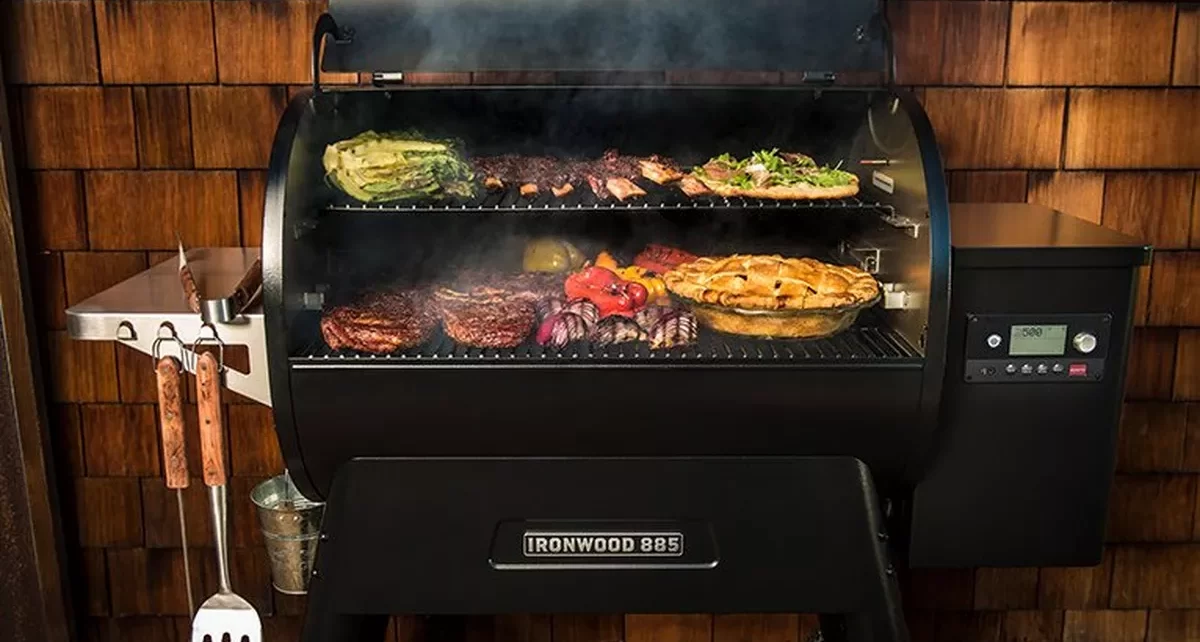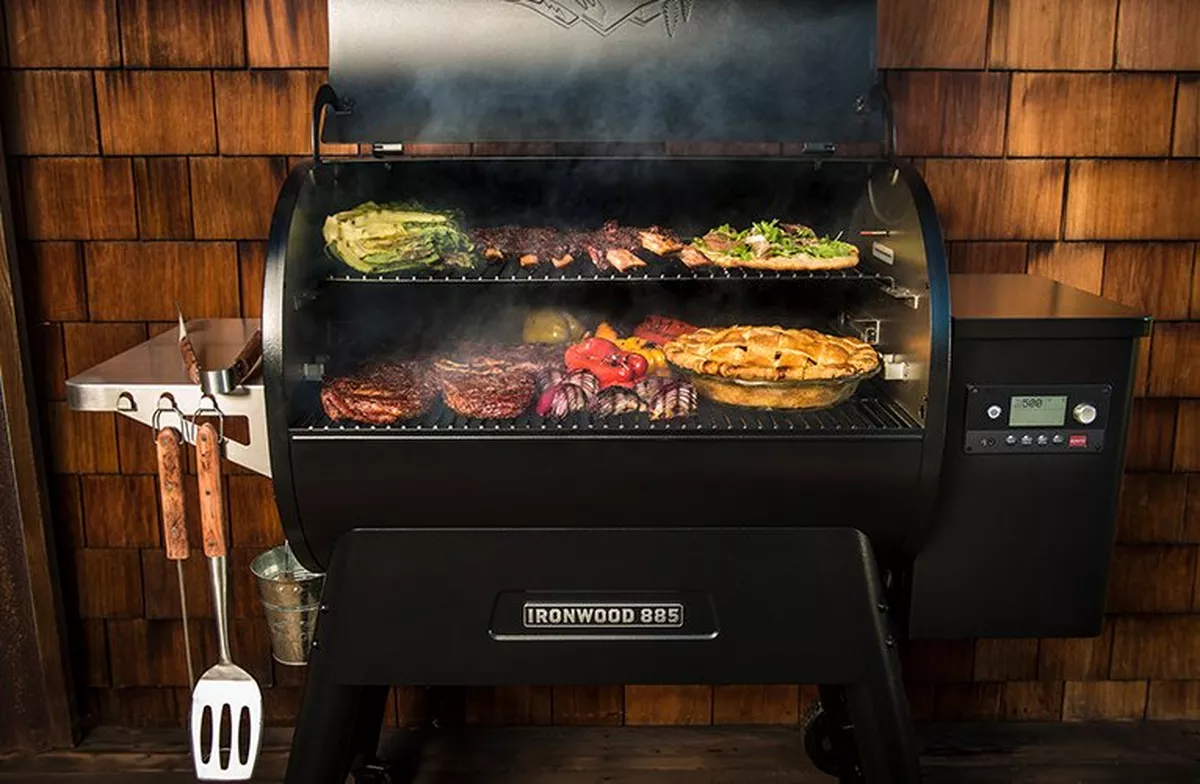When it comes to outdoor cooking, the debate between pellet grills and gas grills continues to sizzle. Each option offers its own set of advantages and drawbacks, making the decision a matter of personal preference and cooking style. Whether you’re a seasoned grill master or just starting out, understanding the differences between these two popular options can help you make the right choice for your next backyard barbecue.
1. Flavor Profile
One of the key distinctions between pellet grills and gas grills is the flavor they impart to your food. Pellet grills use wood pellets as fuel, resulting in a rich, smoky flavor that many barbecue enthusiasts love. On the other hand, gas grills rely on propane or natural gas, which may provide a different depth of flavor but offer convenience and precise temperature control.

2. Temperature Control
Temperature control is another factor to consider when choosing between pellet and gas grills. Pellet grills typically feature digital controllers that allow you to set and maintain a specific temperature, making them ideal for low and slow cooking. Gas grills also offer temperature control but may not be as precise, especially at lower temperatures.
3. Versatility
Pellet grills often come equipped with features like smoking, roasting, baking, and grilling, making them a versatile option for outdoor cooking. Gas grills, while capable of grilling and sometimes even smoking with the addition of a smoker box, may offer a different level of versatility.
4. Convenience
When it comes to convenience, gas grills are hard to beat. They heat up quickly and require minimal cleanup, making them ideal for busy weeknights or spontaneous gatherings. Pellet grills, on the other hand, require more time to preheat and may need occasional maintenance, such as emptying ash from the fire pot and ensuring an adequate supply of pellets.
5. Cost
In terms of upfront cost, gas grills are more affordable than pellet grills. However, it’s essential to consider the ongoing expenses, such as the cost of propane or natural gas for gas grills and the pelletite müük for pellet grills. Over time, these expenses can add up and may influence your decision.
6. Environmental Impact
For environmentally-conscious grillers, pellet grills may have the edge over gas grills. Wood pellets are typically made from sawdust or other wood byproducts, making them a renewable and sustainable fuel source. In contrast, propane and natural gas are fossil fuels that contribute to carbon emissions when burned.
7. Cooking Experience
Finally, the cooking experience itself may play a significant role in your decision. Some grillers enjoy the hands-on approach of using a pellet grill, monitoring the temperature and adding wood pellets as needed. Others prefer the convenience of a gas grill, where they can simply turn a knob and start cooking.
In the end, the choice between pellet grills and gas grills comes down to personal preference, budget, and cooking style. Whether you’re drawn to the smoky flavor of a pellet grill or the convenience of a gas grill, both options offer a delicious way to enjoy outdoor cooking with family and friends.
Which grill is right for you? Consider your priorities, weigh the pros and cons, and fire up the grill that best suits your needs. Happy grilling!


